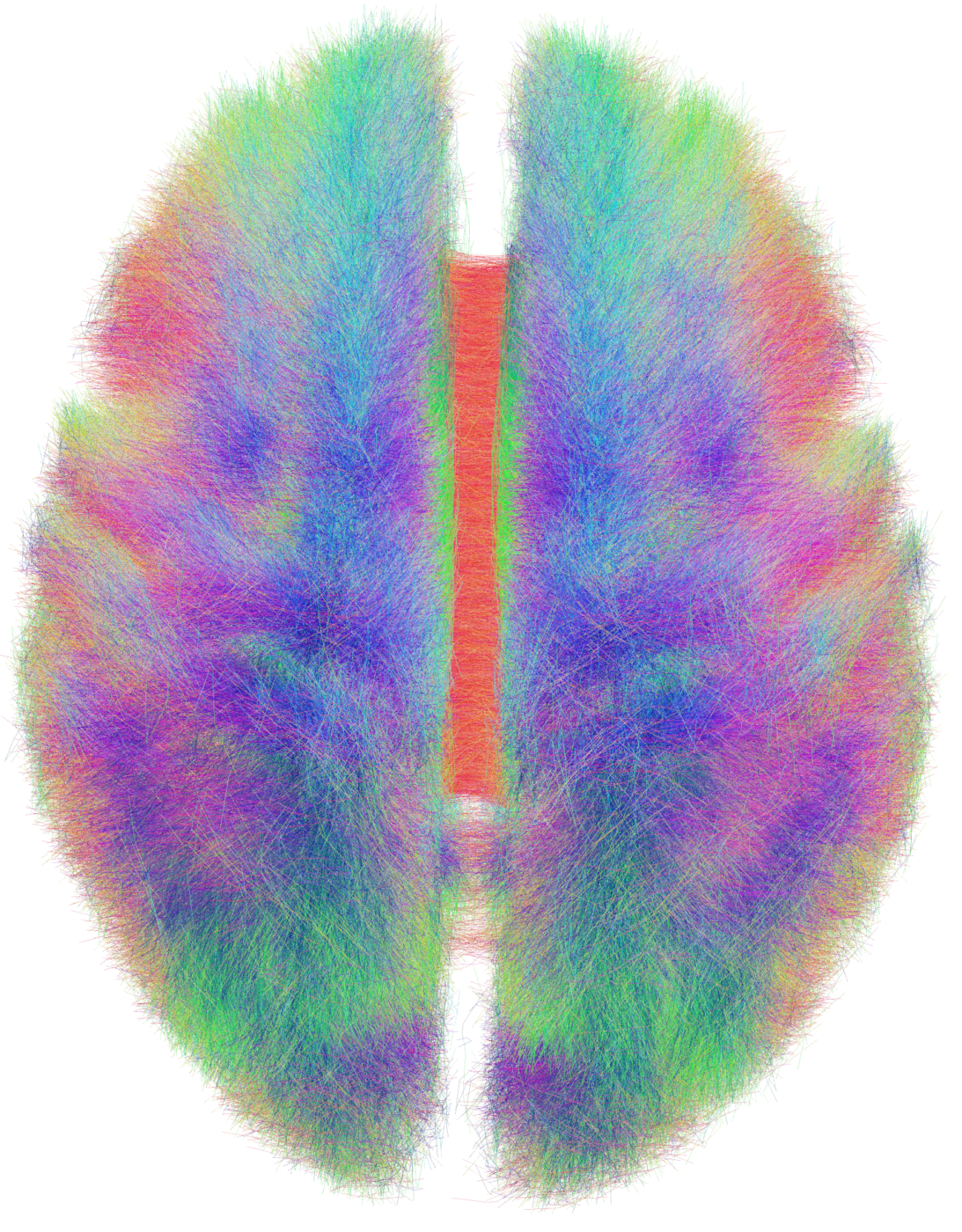
Learning in adversity
Our brain never stops learning, especially when we suffer. Each of us learns from adversities in unique ways.
How do you learn in adversity?
Play some online games to find out and help science.

Unique learning signatures
The online games provide a unique description of a person’s ability to learn from adverse events and make decisions about safety.

Open science
All resources are open access for both the public and scientists to use.

Digital health
All tools are designed to be easily integrated in digital health applications.

A new tool: QCAT
Quantitative Cognitive Avoidance Testing provides a comprehensive assessment of avoidance learning, which is based on state-of-the art scientific evidence. QCAT is composed by a number of short, online games, each assessing a different aspect of avoidance learning. We provide a basic output to each participant upon study completion. All tools required to fully analyse the data are open access.
The team
We are an interdisciplinary group of neuroscientists, engineers and clinicians based at the University of Oxford and University of Cambridge. We work in partnerships with people with lived experience of chronic pain and mental heath disorders to understand the role of learning in chronic pain development. The project is funded by the UKRI Advanced Pain Discovery Platform initiative.
